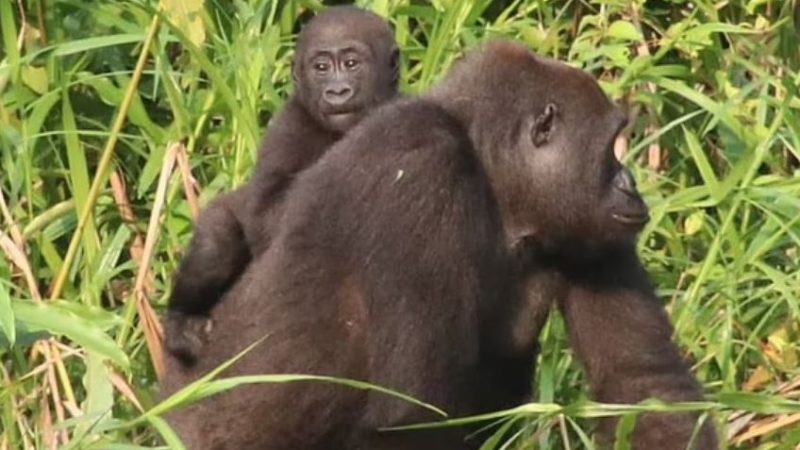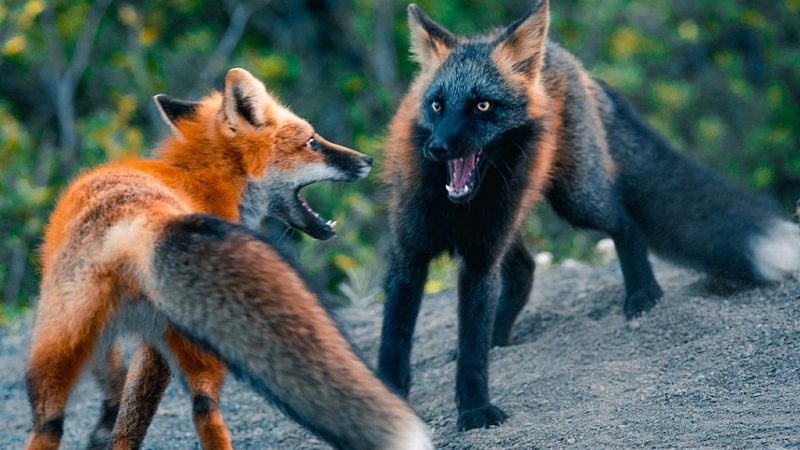Beached Bowhead Whales in Nunavut Suggest Killer Whale Attacks
In a recent incident, a perplexing discovery was made by a group of hunters in Nunavut, Canada. The hunters stumbled upon the carcasses of four bowhead whales washed ashore approximately 60 kilometers north of the community of Kugaaruk. This unusual finding has left both local hunters and a researcher from Fisheries and Oceans Canada (DFO) intrigued and seeking answers. One theory that has emerged points towards a potential attack by killer whales, scientifically known as orcas, as the cause behind these stranded bowhead whales.
Over the past weekend, a team of hunters utilizing all-terrain vehicles came across a distressing scene along the beach. The lifeless bodies of four bowhead whales lay stranded, raising immediate questions about what events led to their unfortunate demise. This type of occurrence is particularly uncommon in the region, sparking curiosity and concern among the local community and researchers alike.
Dr. Steve Ferguson, a seasoned scientist specializing in killer whale research at DFO, has put forth an intriguing hypothesis. He suggests that the bowhead whales might have fallen victim to attacks by killer whales, or orcas. These apex predators are known for their exceptional hunting skills and have been documented engaging in coordinated attacks on larger whale species. The presence of orca-inflicted injuries on the bowhead whale carcasses could shed light on this theory.
Killer whales, Orcinus orca, are apex predators found in oceans around the world. They exhibit remarkable intelligence and complex social behaviors. While they primarily feed on various marine animals, their diet can include other whale species. This behavior, referred to as predation, involves strategic and coordinated efforts by a group of killer whales to overpower and incapacitate their prey. Bowhead whales, being sizable and potentially slower-moving targets, could attract the attention of killer whales seeking a substantial food source.
The incident highlights the intricate dynamics of marine ecosystems and the interconnectedness of species within them. If indeed the bowhead whales were victims of killer whale attacks, it could provide invaluable insights into the predation patterns of these apex predators. Understanding such interactions is vital for the conservation and management of marine life and can aid in developing strategies to protect vulnerable species.
The discovery of four stranded bowhead whales on a beach in Nunavut has raised suspicions of killer whale involvement in their deaths. As researchers like Dr. Steve Ferguson delve deeper into this incident, the intricate balance of marine life and predator-prey relationships comes to the forefront. Unraveling the mystery behind these deaths not only contributes to our understanding of marine ecosystems but also underscores the need for proactive conservation measures to safeguard the diverse array of species that inhabit our oceans.
Hits: 4









